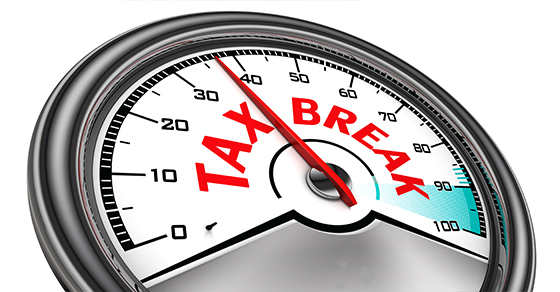
If you gave to charity in 2023, check to see that you have substantiation
Did you donate to charity last year? Acknowledgment letters from the charities you gave to may have already shown up in your mailbox. But if you don’t receive such a letter, can you still claim a deduction for the gift on your 2023 income tax return? It depends.
What the law requires
To prove a charitable donation for which you claim a tax deduction, you must comply with IRS substantiation requirements. For a donation of $250 or more, this includes obtaining a contemporaneous written acknowledgment from the charitable organization stating the amount of the donation, whether you received any goods or services in consideration for the donation and the value of any such goods or services.
“Contemporaneous” means the earlier of:
- The date you file your tax return, or
- The extended due date of your return.
Therefore, if you made a donation in 2023 but haven’t yet received substantiation from the charity, it’s not too late — as long as you haven’t filed your 2023 return. Contact the charity now and request a written acknowledgment.
Keep in mind that, if you made a cash gift of under $250 with a check or credit card, generally a canceled check, bank statement or credit card statement is adequate. However, if you received something in return for the donation, you generally must reduce your deduction by its value — and the charity is required to provide you a written acknowledgment as described earlier.
No longer a tax break for nonitemizers
Currently, taxpayers who don’t itemize their deductions (and instead claim the standard deduction) can’t claim a charitable deduction. Under previous COVID-19 relief laws, an individual who didn’t itemize deductions could claim a limited federal income tax write-off for cash contributions to IRS-approved charities for the 2020 and 2021 tax years. Unfortunately, the deduction for nonitemizers isn’t available for 2022 or 2023.
More requirements for certain donations
Some types of donations require additional substantiation. For example, if you donate property valued at more than $500, you must attach a completed Form 8283 (Noncash Charitable Contributions) to your return.
And for donated property with a value of more than $5,000, you generally must obtain a qualified appraisal and attach an appraisal summary to your tax return.
Contact us if you have questions about whether you have the required substantiation for the donations you hope to deduct on your 2023 tax return. We can also advise on the substantiation you’ll need for gifts you’re planning this year to ensure you can enjoy the desired deductions on your 2024 return.
© 2024